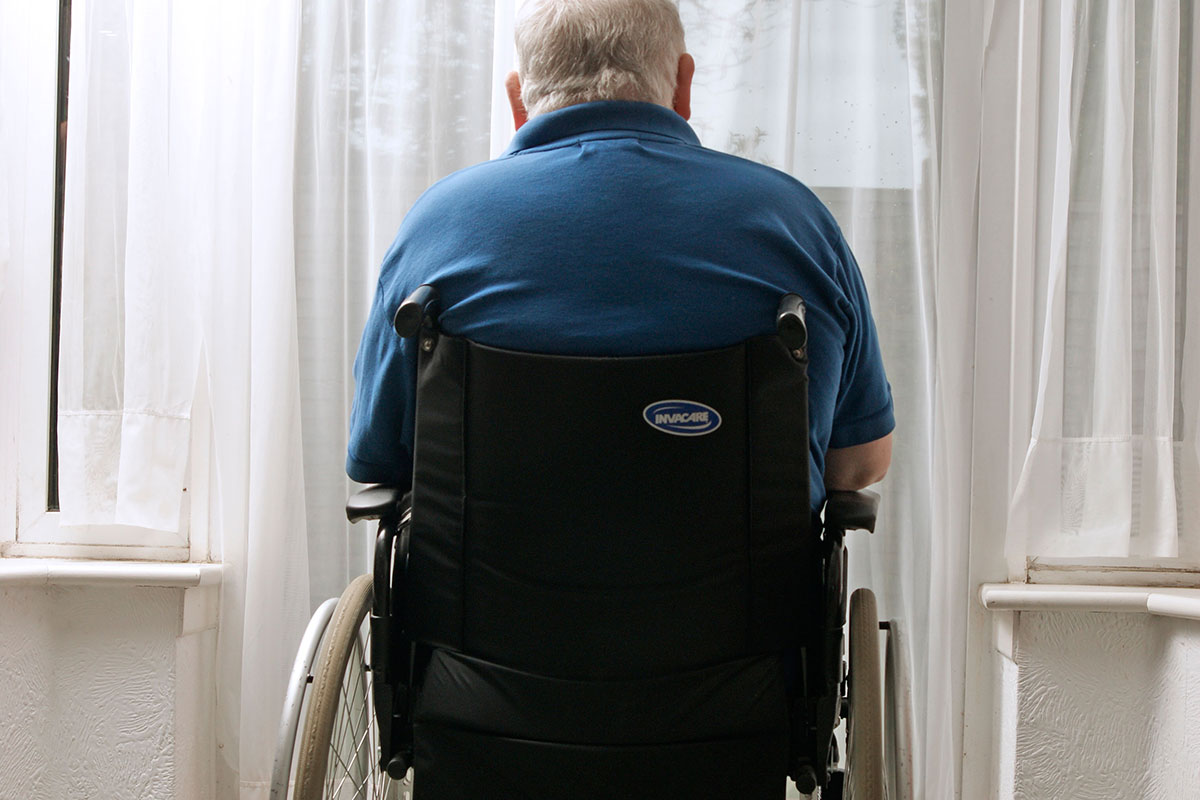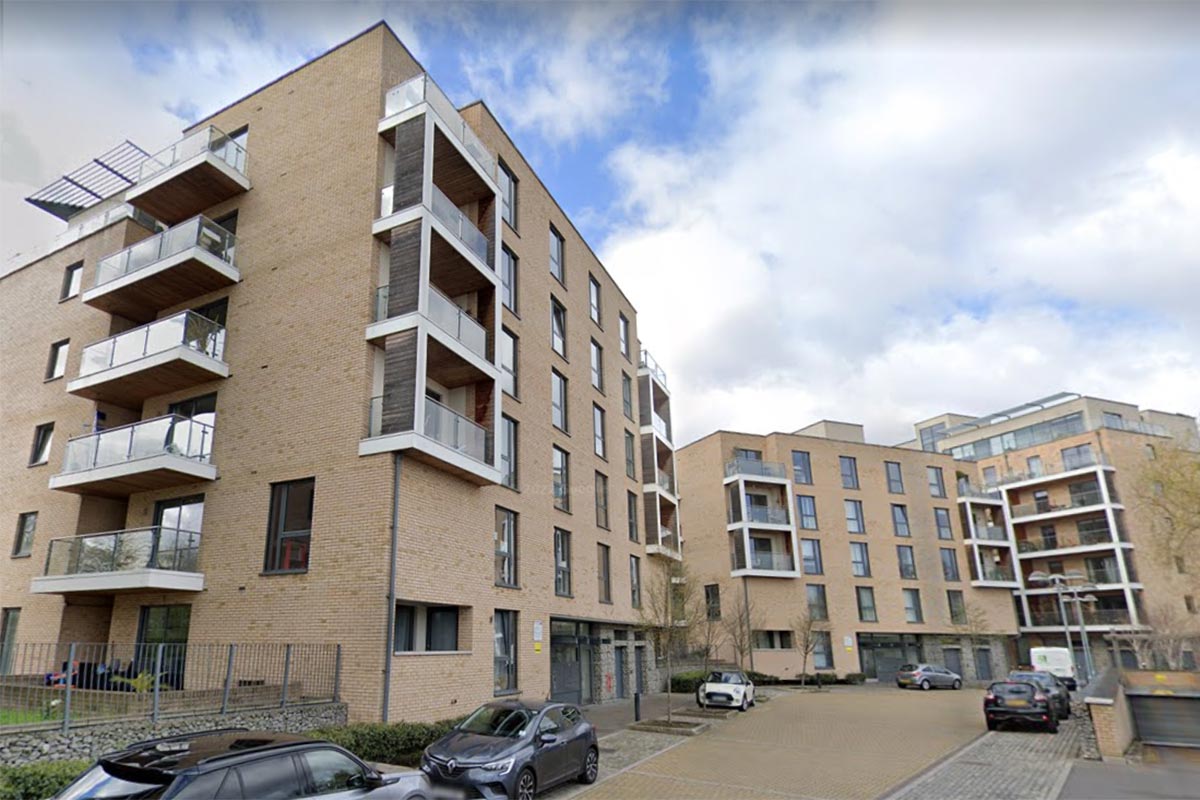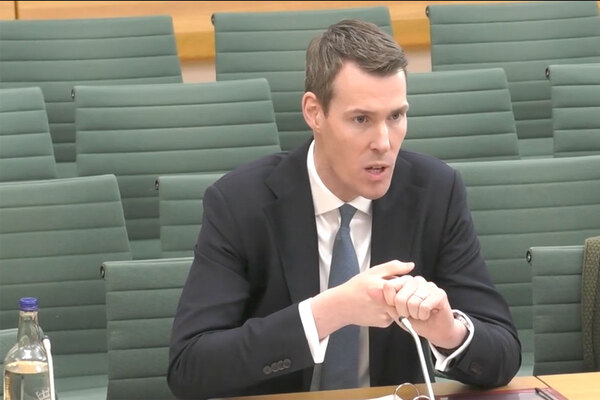Landlords must learn from complaint-handling failures ahead of incoming statutory code, says ombudsman
The Housing Ombudsman has called on the sector to learn from complaint-handling failures ahead of incoming statutory code as it looks to reduce the number of repeated mistakes.
The call from the ombudsman comes ahead of the the Complaint Handling Code becoming statutory in 2024.
Once it becomes law, landlords will be expected to comply with the provisions of the code and the ombudsman will be assessing this as part of its mandated duty to monitor.
This will include reviewing not only the extent to which a landlord’s published approach is in line with the code, but how this is being delivered.
The ombudsman’s complaint-handling failure orders report revealed that from January to March 2023, the watchdog issued 40 complaint-handling failure orders for 32 landlords.
Of these, 12 were not complied with and further action was taken.
The ombudsman’s published learnings on the issue showed delays in processing incoming calls and emails, poor communication with residents, and complaint teams struggling with the volume of work.
The watchdog hopes that its intervention work will help landlords spot the signs of non-compliance early and fix issues.
Also, for the first time, where a landlord has been named as non-compliant, the ombudsman has stated the reason for this – another way of helping the sector avoid these orders in the future.
The ombudsman’s figures for 2022-23 revealed a 77% compliance rate with its orders and 18 landlords with more orders than the rest.
Housing ombudsman Richard Blakeway said: “This year we’ve seen a real development in using these orders to ensure that a landlord is not only compliant with the code, but that they are providing the best possible service to residents.
“Before issuing a complaint-handling failure order, the ombudsman is keen to work with landlords when an issue is raised to see if the organisation can comply with the code before an order is needed – this work is also now highlighted in this report.
“With the code becoming statutory as part of the Social Housing (Regulation) Bill, it is an important moment for landlords to absorb this learning.”
Sign up for our regulation and legal newsletter
Already have an account? Click here to manage your newsletters












